
Genre, Context, and Style
The tradition of p'ungmul, also called nongak, "farmer's music," is a dynamic outdoor ensemble of drums and gongs parading through villages and marketplace alleyways inviting good spirits and scaring bad spirits, gathering an audience of young and old, men and women, and having fun. The shrill cry of hojôk ("barbarian trumpet") is answered by kkwaenggari (a small gong) and barrel and hourglass drums respond thunderously. Colors circle, feathers fly, ribbons twirl, and the audience stirs in excitement as actors, impersonators, musicians, and acrobats make their dramatic entrance to the circle!
A brand of Korean exuberance and most photographed icon of traditional Korean culture, p'ungmul in modern eras moved into contemporary performing arts complexes while also maintaining its outdoor functions for national holiday celebrations and sports events. Regardless of where and when, one cannot help jiving with the rhythm and the excitement. The performance climaxes with the sangmo, the hatter, hopping into the middle of the circle comically turning and flicking a gigantic paper flower attached to a pole sticking from the middle of his hat while walking forward and backward so it looks like a jellyfish opening and closing, or twirling a long ribbon attached to the hat by turning his head while lightly jumping over the ribbon, the skillful caliber matching nothing less than the triple axels of champion figure skaters.
P'ungmul is an interesting subject of inquiry when it comes to revealing the relationship music has with politics. During the anti-government student demonstrations and labor movements of the past forty years, p'ungmul became politicized as the music of the minjung, "the people." The sights and the sounds of p'ungmul became a familiar association with resistance against dictatorial regimes and capitalistic exploitation. In street demonstrations and rallies, p'ungmul and its instruments have been frequently employed to stir anti-government sentiments and solidarity among college students and workers.
Samul-nori
Translated as "four-piece play" and rooted in the tradition of p'ungmul, samul-nori is a newly emerged type of chamber percussion ensemble with kkwaenggari, ch'anggo, ching (big gong), and puk (barrel drum). In Seoul, 1978, four young male traditional percussionists from the itinerant namsadang musical tradition debuted a chamber percussive music with select rhythmic patterns from various parts of Korea. It was an exciting moment to witness the transformation of p'ungmul from an agrarian village event to a contemporary innovation. Samul-nori was hip and in sync with trendy four-member rock or vocal formations, like the Beatles or Rolling Stones, but with very different instruments, styles, looks, and energies. The members of salmul-nori have continued to captivate audiences in Korea and everywhere around the globe, as well as helping produce second and third generation samul-nori groups at home and abroad.
P'ungmul and samul-nori are no longer found only in Korea. They have been transplanted to various Korean communities around the globe, including America. Their functions in America are as diverse as in Korea. Korean American students find or reconstruct their Korean or Korean American identity through p'ungmul or samul-nori. P'ungmul symbolizes Korea in various multicultural functions including festivals, parades, or Lunar New Year celebrations. In the aftermath of the L.A. riots of 1992, it was performed both as protest against the victimization of the Korean communities in the city and as a healing salve among the divided American minorities. It has been performed as an attempt at peace-building between Koreans and African-Americans in the subsequent years.





Trot (Teuroteu) is the oldest type of Korean pop music originating during Japanese rule in the first half of the 20th century.


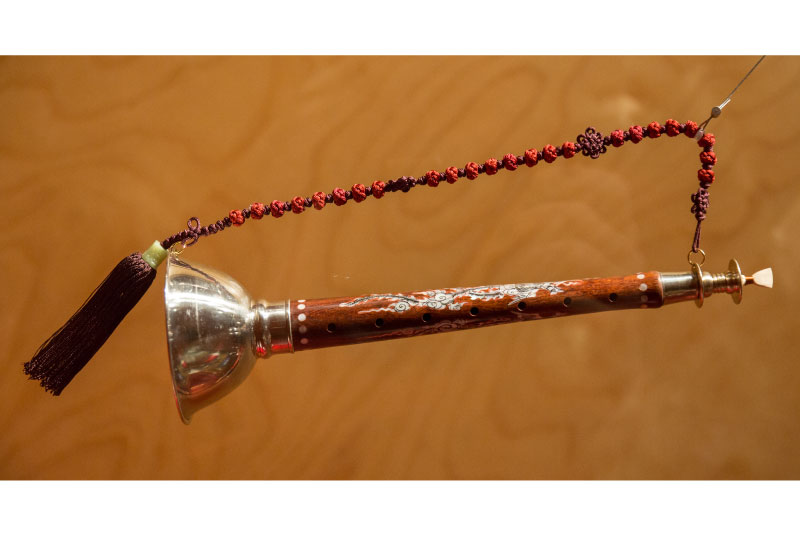 Hojôkme
Hojôkme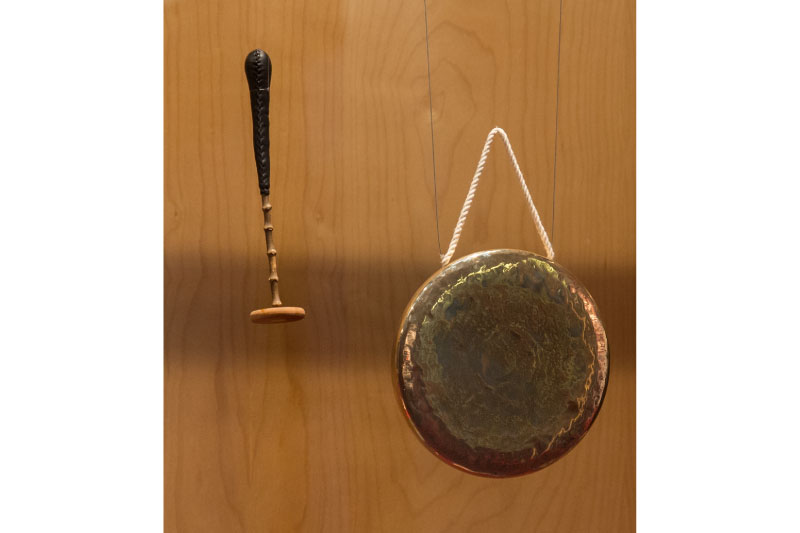 Kkwaenggari
Kkwaenggari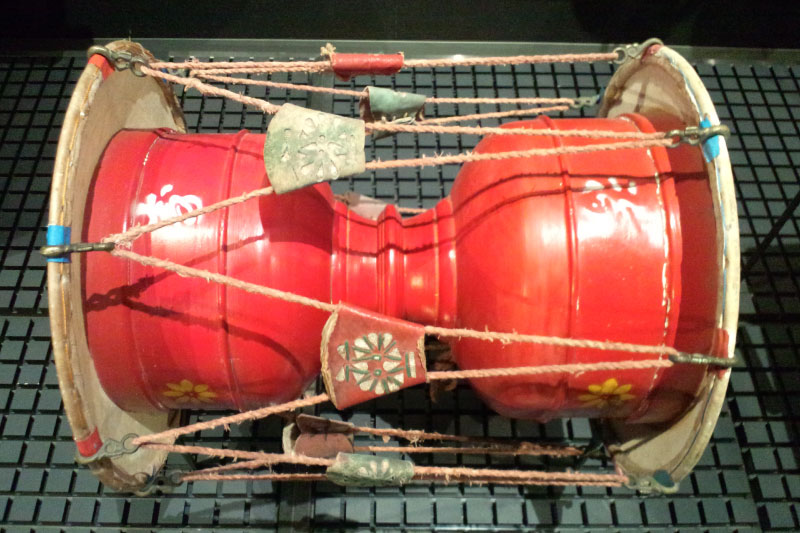 Ch'anggo
Ch'anggo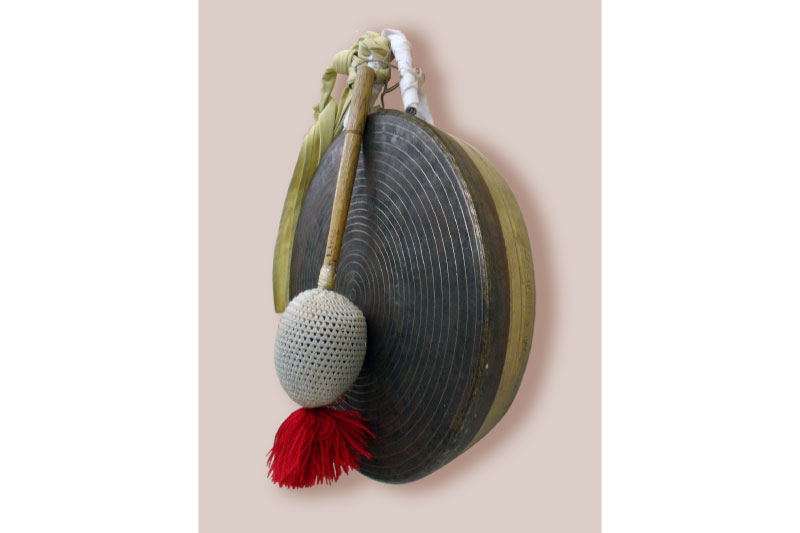 Ching
Ching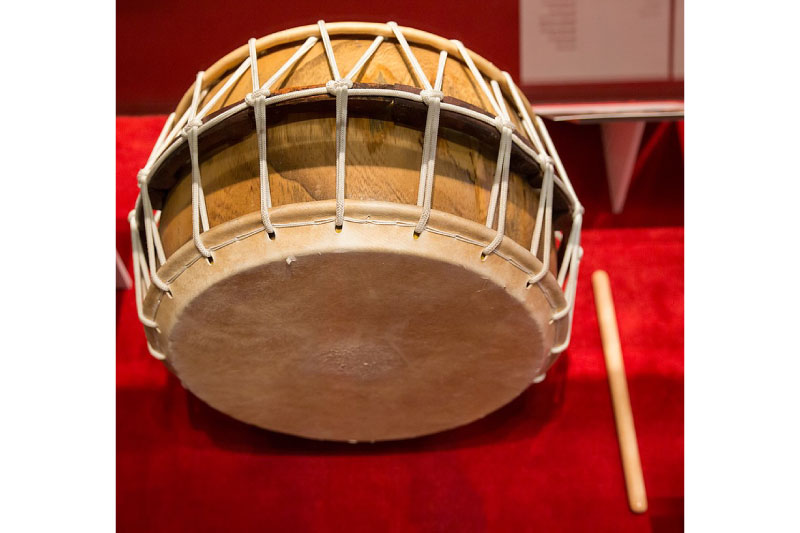 Puk
Puk